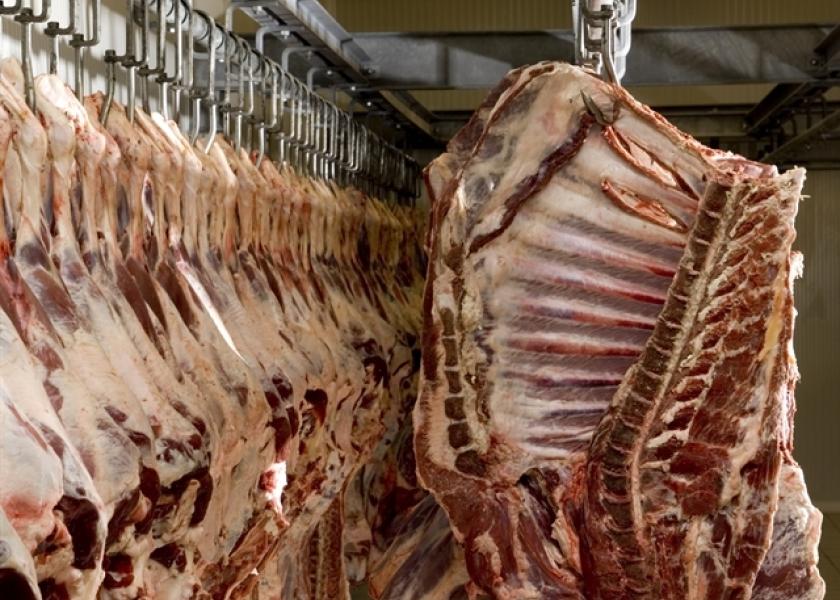COOL Ruling Could Have Major Consequences for U.S. Exports

A final ruling on country-of-origin labeling (COOL) from the World Trade Organization (WTO) related to Canada and Mexico’s challenge of the regulations as it relates to red meat is expected soon. If the ruling should go against the U.S. – which has happened three times already – there will likely be retaliatory tariffs on imports of some U.S. products.
Chad Russell, U.S. Meat Export Federation (USMEF) regional director for Mexico, Central America and the Dominican Republic, believes that Mexico will reserve the right to retaliate if that right were given to them by the WTO. However, it will be several months before that happens.
“There would be a period of time where the Mexicans and the Canadians would have to demonstrate to the WTO the damage they have incurred because of the U.S. policy. So it probably wouldn’t be until sometime in September whereby Mexico and Canada would be given the right to retaliate,” Russell says.
This wouldn’t be the first time Mexico has retaliated against the U.S. when it comes to red meat trade, in 2011 a NAFTA trucking dispute impacted pork exports.
“A similar situation was given to them with respect to the NAFTA agreement, where the U.S. wouldn’t allow Mexican trucks into U.S. territory,” Russell relates. “The Mexicans were exceedingly patient exercising that right to retaliate. My sense is that they will not be as patient this time as before.”
While there is no certainty which products will be affected by trade retaliation pork seems to be a very likely target because of historical precedence.
In 2014, U.S. pork exports to Mexico were 680,843 metric tons valued at $1.55 billion. First-quarter 2015 exports topped last year’s record pace by 7 percent in volume, reaching 179,507 metric tons. Last year’s beef exports to Mexico totaled 242,566 metric tons valued at $1.17 billion. First-quarter exports were slightly below last year’s pace in volume but 4 percent higher in value at $285 million.







